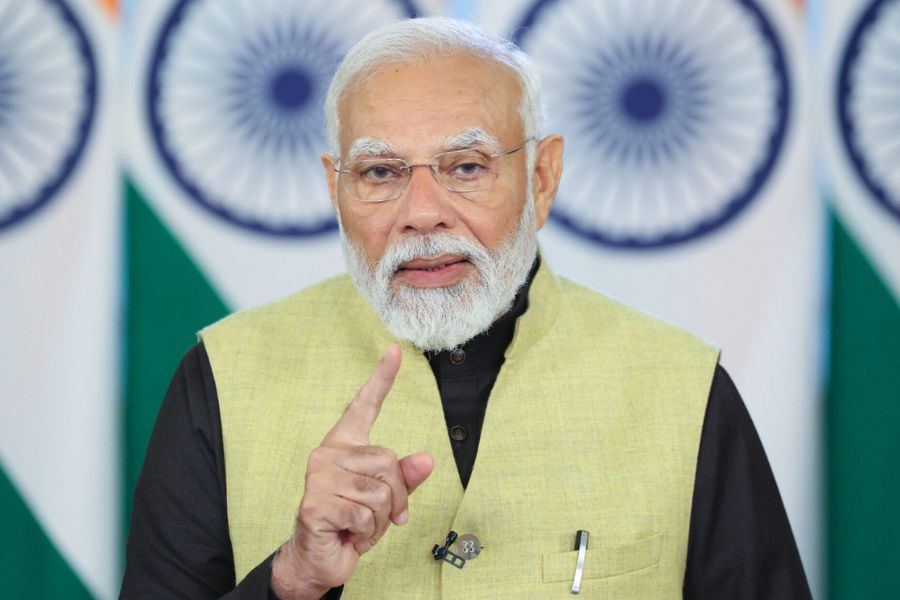Israel and Hamas on Saturday said they were at war after Palestinian militants launched an early morning assault on southern Israel that had few precedents in its complexity and scale, invading several Israeli towns and firing thousands of rockets toward cities as far away as Jerusalem.
The militants crossed into Israel by land, sea and air — firing at least 2,200 rockets into the country by late morning, according to the Israeli military. Israel retaliated with massive airstrikes on Gazan cities.
Israel’s N12 News reported that at least 100 Israelis had been killed, Reuters said. A Reuters photographer saw multiple bodies lying on streets in the southern town of Sderot.
The Palestinian health ministry in Gaza said that 198 Palestinians had been killed and 1,610 wounded on Saturday. Yousef Abu al-Rish, the top Palestinian health official in Gaza, said that most of the casualties resulted from fire-fights inside Israel.
Prime Minister Benjamin Netanyahu of Israel said operations were under way to clear the militants from infiltrated towns and that he had issued a call-up of reservists.
“We are at war,” he said in a televised statement. “Our enemy will pay a price the type of which it has never known.”
Hamas deputy chief Saleh al-Arouri told Al Jazeera that the group was holding a large number of Israelis captive, including senior officials. He said Hamas had enough captives to make Israel free all Palestinians in its jails.
The Israeli military confirmed that Israelis were being held captive in Gaza and soldiers had been killed, according to N12 and Reshet 13 news outlets. The Israeli military added that naval forces had killed dozens of Palestinian militants trying to infiltrate Israel by sea.
Hamas, the Islamic militant organisation that controls Gaza, said the attack was driven by what it described as Israel’s escalated attacks on Palestinians in the West Bank and Jerusalem and against Palestinians in Israeli prisons.
The timing of the assault has been striking, hitting Israel at one of the most difficult moments in its history. The attack follows months of profound anxiety about the cohesion of Israeli society and the readiness of its military, a crisis set off by the government’s efforts to reduce the power of the judiciary.
Also, the violence comes 50 years and a day after the Yom Kippur War of 1973 — when, too, Israel was surprised by a complex Arab attack, leading to huge Israeli losses and soul-searching about the state of the country.
Footage circulating on social media appeared to show clashes in city streets as well as gunmen in jeeps roaming the countryside.
New York Times News Service and Reuters











